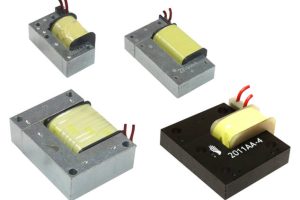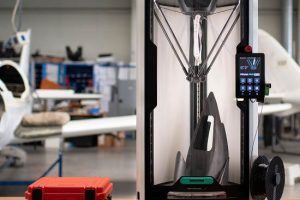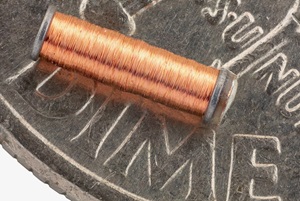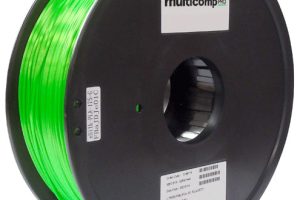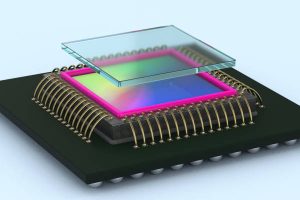
“EG6290 can be dispensed in narrow high bond-lines, can compensate for temperature-dependent pressure changes, and meets routine automotive standards,” according to the company, which clarified that it “fulfills the requirements of the AEC-Q100 Grade 2 automotive industry standard”.
Young’s modulus is 2,350MPa and its glass transition temperature is over 130°C.
Application is via needle dispensing where high thixotropy index it what allows it to sustain high-narrow walls on to which the glass filter can be placed.
Curing is two-step: first the adhesive is exposed to 365 or 400nm light for a few seconds, fixing the glass filter, then it needs to be cured for 15 minutes at +130°C.
“Both the dual curing process and the comparatively low curing temperature help to minimise the pressure that usually occurs when bonding glass filters,” claimed Delo.
Applications are foreseen in automotive lidar and driver monitoring systems.
See EG6290 and other Delo microelectronics packaging at Semicon Southeast Asia, 28 – 30 May in Kuala Lumpur, Malaysia.
 Electronics Weekly Electronics Design & Components Tech News
Electronics Weekly Electronics Design & Components Tech News
